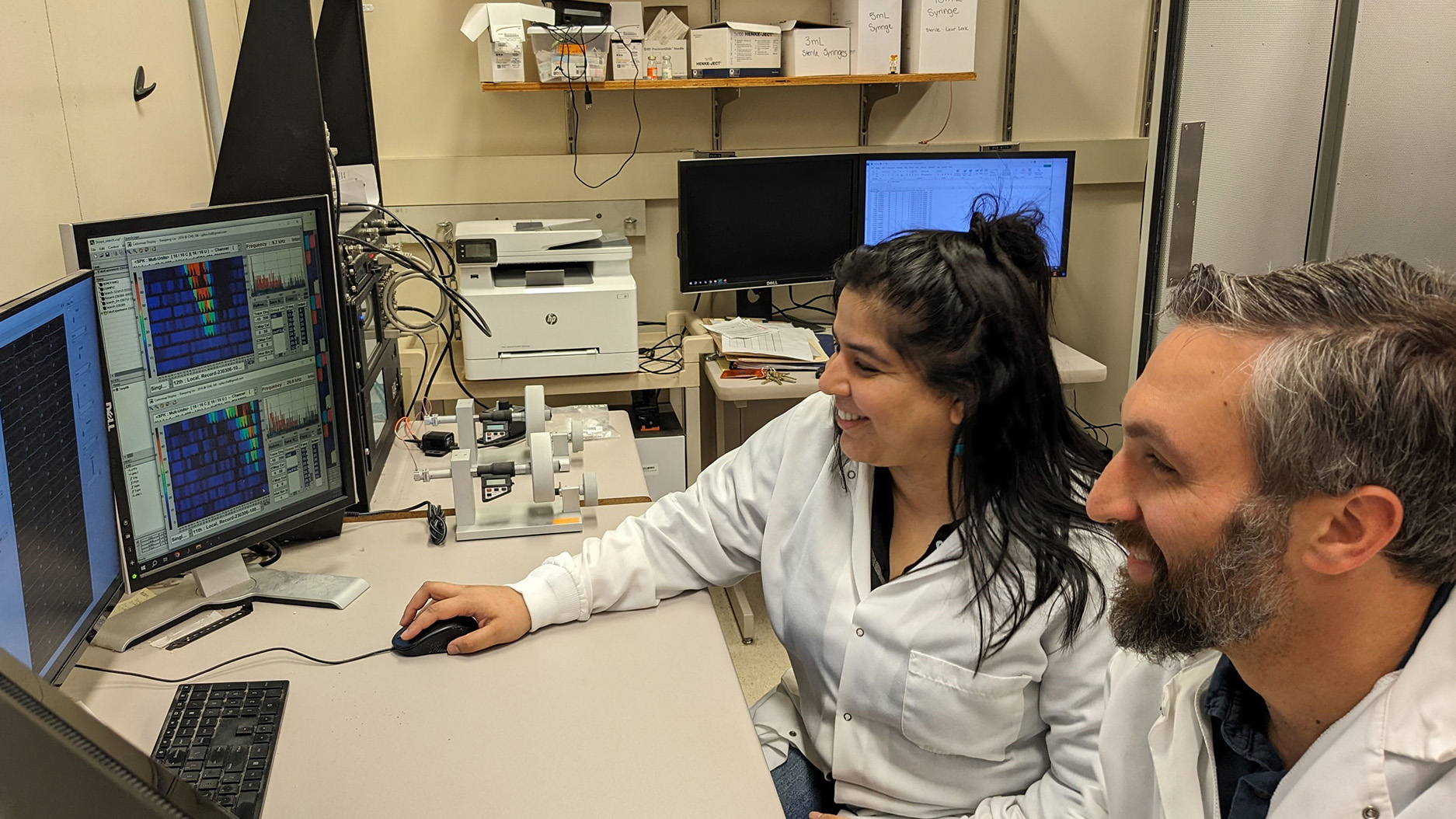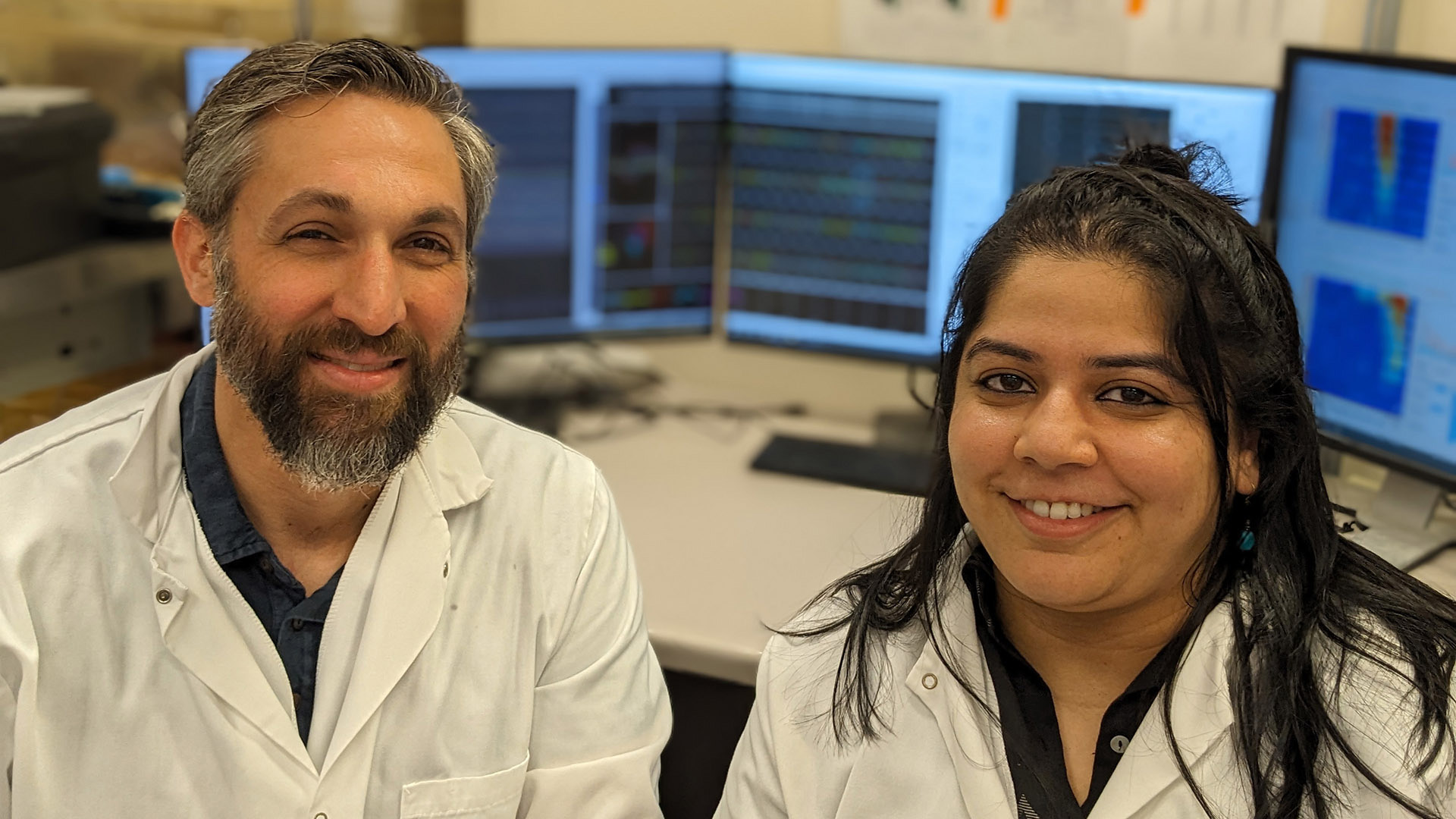Exploiting Translational Dysregulation in the Auditory System as a Therapeutic Target for Fragile X Syndrome

Benjamin D Auerbach, PhD
Principal Investigator
Manasi Inamdar
FRAXA Fellow
University of Illinois at Urbana-Champaign
2025-2026 Grant Funding: $100,000
Summary
Auditory hypersensitivity is one of the most common and challenging symptoms of Fragile X syndrome. Recently rats have been genetically engineered to display Fragile X, and they too (like mice and humans) are overly sensitive to sound.
This team will work to identify which proteins drive these changed and how they affect overall brain activity in the rats. By linking abnormal protein production to overactive brain circuits, the researchers aim to uncover new treatment targets for Fragile X syndrome.
The Science
by Benjamin Auerbach, PhD
Auditory hypersensitivity is one of the most common and challenging symptoms of Fragile X syndrome (FXS), reflecting deeper disruptions in how the brain processes sensory information.
To develop more effective treatments, we need a clearer understanding of how these sensory symptoms arise, from molecular changes in protein production to the way neurons connect and communicate in brain circuits. In Fragile X syndrome, unregulated protein synthesis is a well-established cellular defect, but how this translates into hyperactive brain circuits and altered sensory experiences is still not well understood.
Rats that have been genetically engineered to model Fragile X syndrome show heightened sensitivity to sound, mirroring the auditory hypersensitivity seen in people with FXS. This project will use this model to test the hypothesis that abnormal protein production leads to overactive neural circuits, which in turn cause these sensory disturbances. By identifying which proteins are dysregulated and how they affect brain activity, the research aims to uncover new treatment targets rooted in the biology of sensory dysfunction.
By focusing on symptoms that are both clinically meaningful and translatable, this study could help pave the way for therapies that directly address core challenges faced by individuals and families affected by Fragile X.

